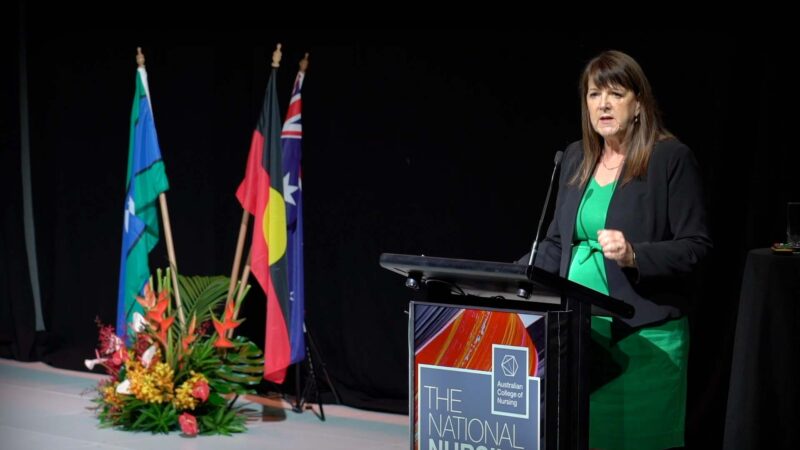Clinical trials are essential in developing new, improved, and more effective treatments and interventions. Without trials, researchers and professionals in the field cannot properly determine whether these new treatments and interventions are safe and effective.
Furthermore, when larger group testing occurs, this allows researchers to identify and ensure that any improvements resulting from the intervention occurs for as many people as possible and are not just occurring in one individual.
Ahead of the J.P. Morgan Health Conference in San Francisco in January 2023, Australian Health Journal met with Clinials CEO & Founder Maree Beare about developing the next generation recruitment platform and digital marketing service for clinical research. Maree talks about the reasons why clinical trials can fail and the importance of bringing participants much more closer to researchers.
With this need, the Clinials platform is geared towards patient centric trials and reducing site burden. The aim is to accelerate lifesaving medicines coming to market by connecting participants and researchers. The platform allows participants to come to researchers with their eligibility in hand among other capabilities.
Supporting CRO’s, sites and sponsors, the Clinials platform uses AI to convert complex trial protocol into plain language and pre-screening questions. This gives researchers the tools to communicate with their participants meaningfully. The plain language text can be used in a variety of situations like researcher led advertising, landing pages and plain language summaries.
You Might also like
-
Role of the Chief Nursing Officer
Professor Alison McMillan PSM spoke with Australian Health Journal about the role of Chief Nursing and Midwifery Officer at the Australian Government Department of Health and Aged Care.
Alison was appointed as our Chief Nursing and Midwifery Officer in November 2019.
In June 2021 Alison was awarded a Public Service Medal for outstanding public service to driving the Government’s national health response priorities during the COVID-19 pandemic, particularly to infection prevention measures.
-
App helps Chronic Sleep Deprivation
Earlier this year, Turner Institute for Brain and Mental Health researchers developed SleepSync, the world’s first app that personalises sleep-wake cycles for shift workers to improve their sleep and overall mood.
The research, led by Dr Jade Murray, was published in the journal, Digital Health. Australian Health Journal met with Dr Murray to hear how the application has evolved and been used in personalisation of sleep habits for health care shift workforce.
-
Misinformation impacts routine vaccines
More significant changes in recent years have been health-related misinformation eroding trust in healthcare professionals, leading to people seeking alternative treatments or avoiding medical advice altogether. This can make it more difficult for healthcare professionals to provide effective treatment and care.
Recent vaccines delivered as part of the COVID-19 response, are having a consequential impact on the uptake of routine vaccines.
Australian Health Journal spoke with Dr Paul Griffin, an Infectious Diseases Physician and Microbiologist at Mater Health, and who has been involved in over 150 clinical trials in the field of infectious disease.
Paul talks about the importance of having reputable sources of information that can used to encourage people to understand what is involved in clinical trials and the roles of vaccines.



